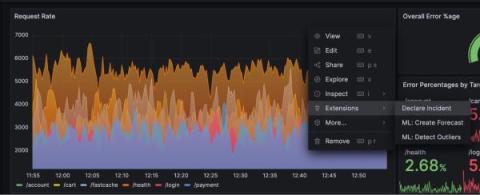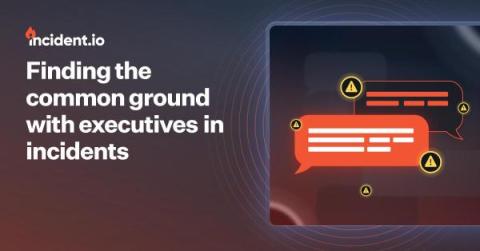What are Blameless Retrospectives? How Do You Run Them?
In most engineering organizations, everyone agrees that in complex systems, failure is inevitable. It’s possible to prevent the recurrence of certain incidents, reduce their impact, or shorten the time to resolution. However, it’s impossible to avoid them altogether. In the past, we asserted failures are a result of people’s mistakes. It was all about “the bad apple theory,” focused on finding the “guilty party” and removing them to prevent future failures.











